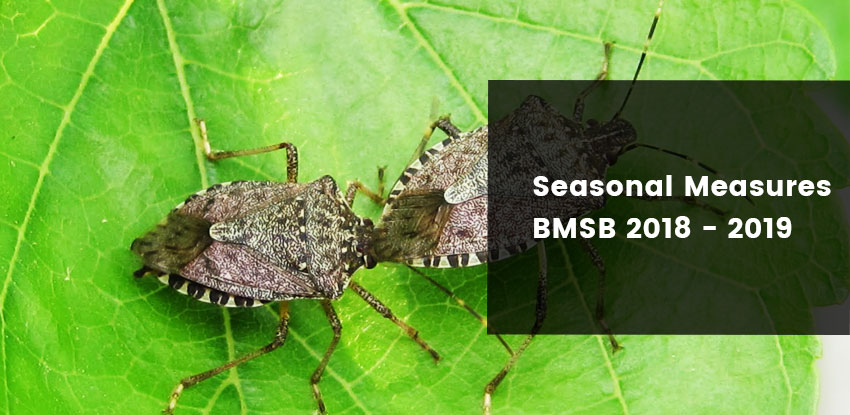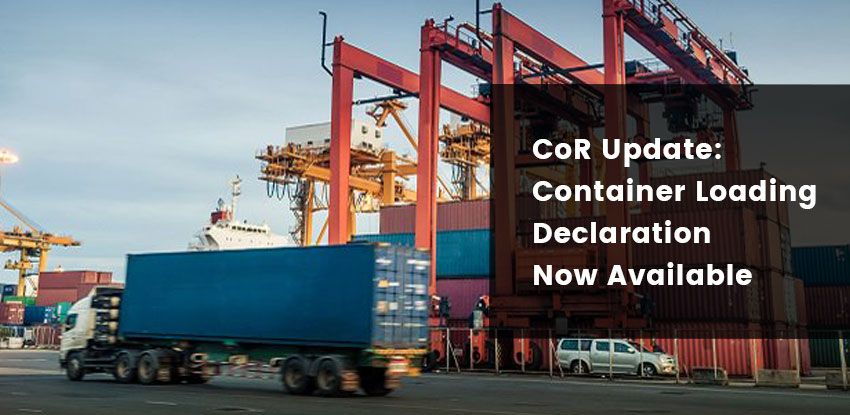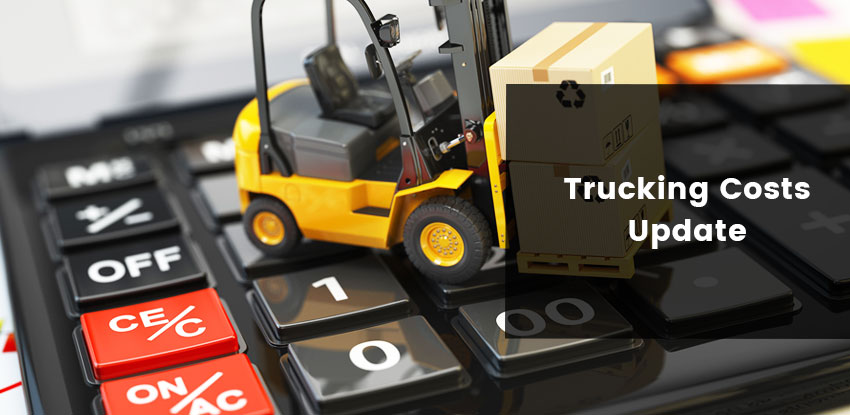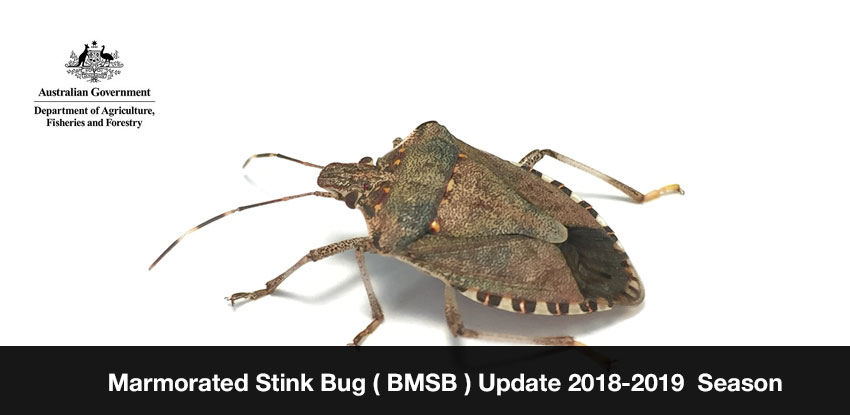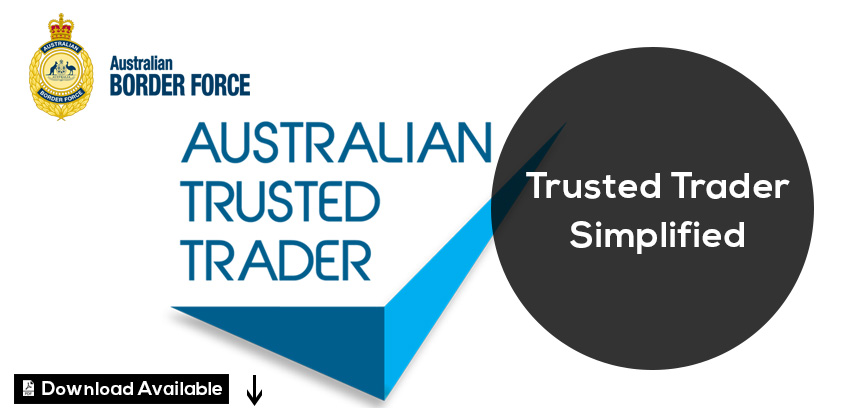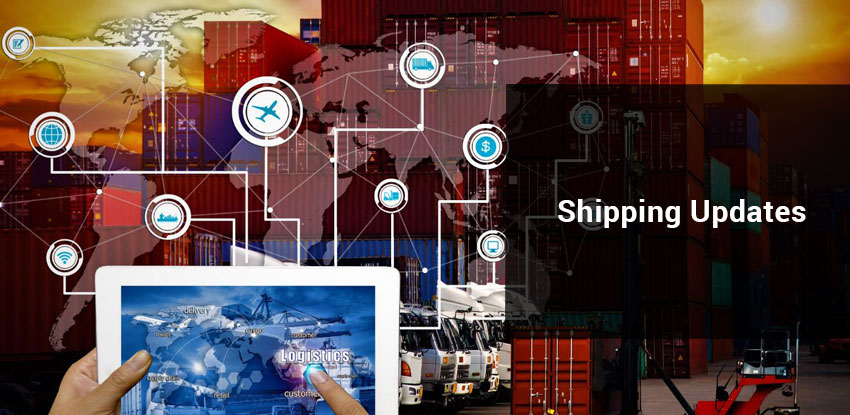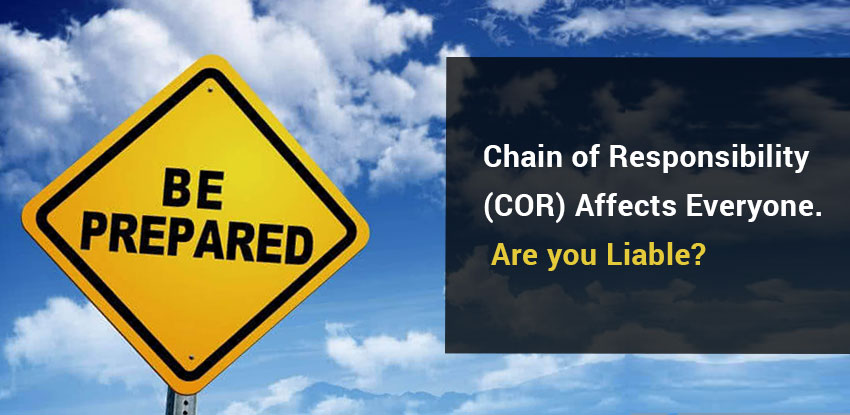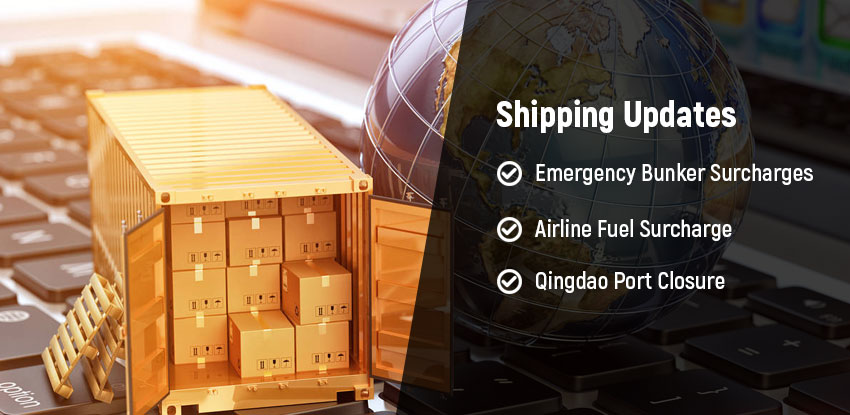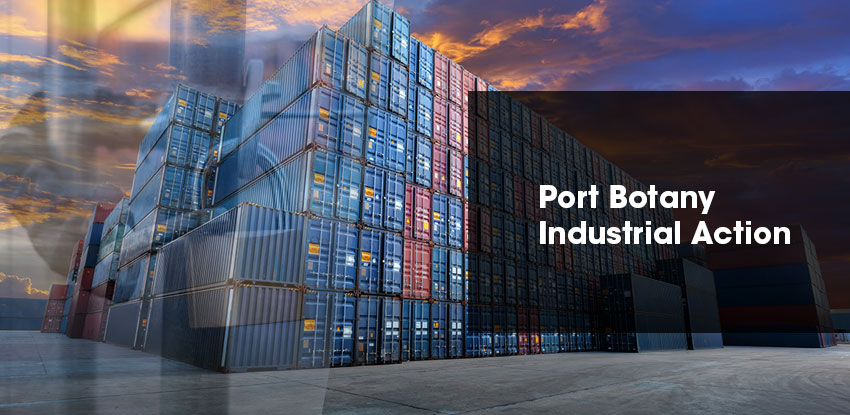You must comply with seasonal measures for certain goods shipped between 1 September 2018 and 30 April 2019 inclusive. These measures will require mandatory offshore treatment prior to arrival if they:
![]() are goods shipped by Sea Cargo.
are goods shipped by Sea Cargo.
![]() are goods manufactured in, or shipped from a Target Country.
are goods manufactured in, or shipped from a Target Country.
![]() are goods categorised as a Target high risk or Target risk good.
are goods categorised as a Target high risk or Target risk good.
Treatment offshore of these goods will only be accepted under The approved offshore BMSB treatment providers scheme, a list has been attached, goods that do not comply will be destroyed or be re-exported.
Goods from Non-target risk countries can continue to use treatment providers not on the list and will be subject to the standard onshore procedures or inspection to verify treatment.
We strongly encourage you to read the attachment’s we have provided as they provide information in detail for the upcoming measures for the BMSB season 2018-19. Bio Securities compliance is incumbent upon all importers to ensure they have taken the necessary steps before importing any cargo.
 BMSB Approved list of offshore treatment providers
BMSB Approved list of offshore treatment providers

